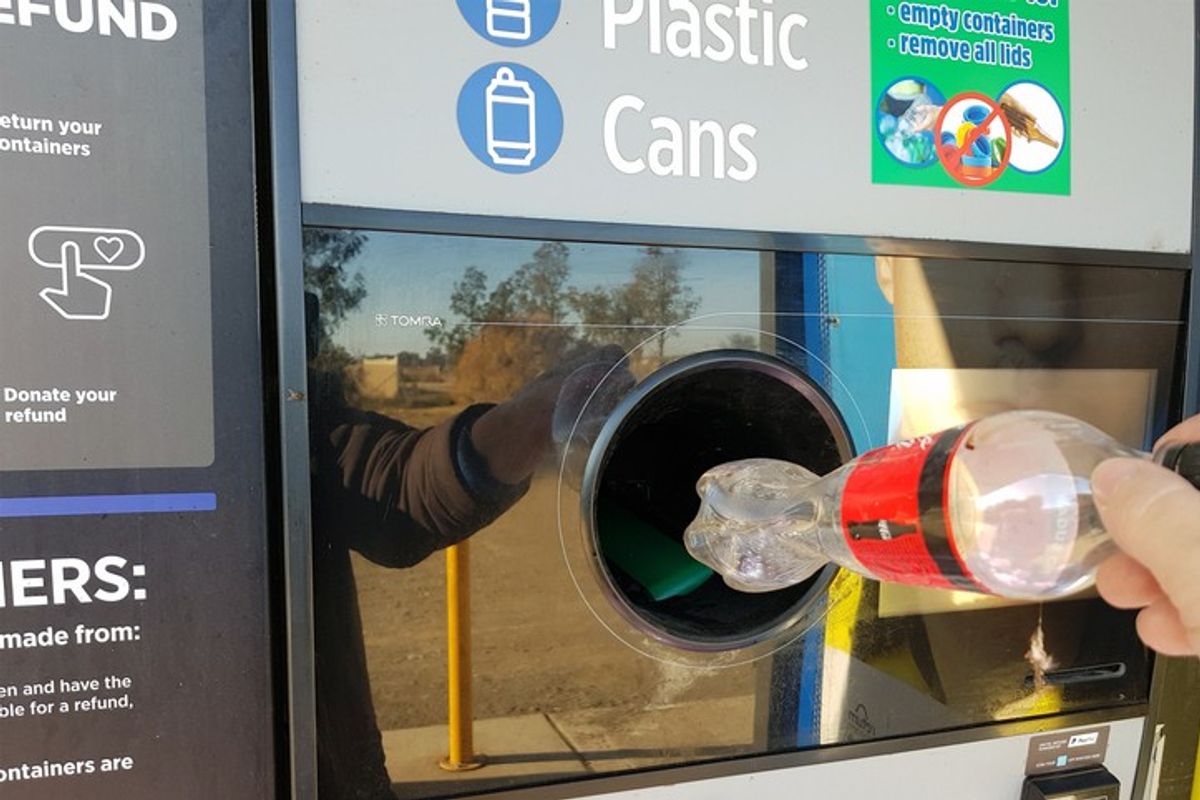The introduction of the Deposit Return Scheme (DRS) in Ireland has so far led to reduced pack sizes and disguised price increases for consumers, according to data analytics experts Talysis Ltd.
As Ireland’s Deposit Return Scheme concludes its first two weeks of operation, data provided by Talysis offers the first insight into how retailers and manufacturers are reacting to the industry change.
Introduced on 1 February, the scheme aims to increase the nation’s recycling of drinks containers from its current level of 60 per cent to meet the EU target of 90 per cent by 2029. Plastic bottles and cans featuring the Re-turn logo have a deposit applied at the store checkout of the following amounts: 150ml to 500ml = 15c deposit and 500ml to 3 litres = 25c deposit, refundable when containers are returned.
Analysis from Talysis’ PriceCube, which collects price and promotional information from Ireland’s major retailers, highlights some key insights from the early implementation and adoption of DRS. In the weeks leading up to the launch, Talysis had pre-coded over 180 new skus, enabling them to see the impact of the scheme from day one.
One category impacted by DRS is soft drinks, and data shows that some retailers have taken the opportunity to rationalise their range, with the removal of the largest of packs, which would have attracted significant deposit values and the introduction of reformulated “party packs”. It would also appear that the introduction of DRS has been used as an opportunity to disguise some price increases among the potential shopper confusion.
For example, in Tesco Ireland:
• Britvic’s Pepsi Max (330ml cans)
– 24 can party pack was €17.50 (pre-DRS) replaced by
– 18 can party pack at €16.50 (excluding deposit value)
Reduction in product of 25 per cent, with shelf price only dropping by 6 per cent
• Similarly with smaller multi-packs of the same product
– 6 packs previously sold at €6.00 (pre-DRS) replaced by
– 4 packs at €5.00 (excluding deposit value)
Reduction in product of 50 per cent, with shelf price only dropping by 25 per cent
Conversely, Tesco Ireland’s reintroduction of some 2litre soft drinks bottles actually helps shoppers, for example replacing 1.75l Coca-Cola with the 2l variant offers more product for the 25c deposit.
Tesco Ireland looks to be the first major retailer out of the blocks on DRS, with almost a clean switch over from pre to DRS skus since its launch at the beginning of the month. The new DRS barcodes are yet to appear in Dunnes, Ireland’s largest retailer, but change is evident, suggesting DRS skus will be made available in the coming days/weeks. Similarly, SuperValu seem to be implementing range changes and a price increase, with more than 17 per cent of their non/pre-DRS (soft drink) skus seeing higher prices in the latest week, ahead of DRS barcoded lines potentially hitting their shelves.
Talysis’ Irish convenience data shows that some DRS skus are also beginning to appear across Ireland’s convenience channel, although it will take time to fully sell through pre-DRS skus. However, so far pricing within convenience retailers appears not to have followed the same route as the supermarkets, with many (c.65+ per cent) of comparable skus (eg same product and pack size) seeing a lower price in its new DRS format than pre DRS, suggesting convenience retailers are conscious of supporting their customers in the current cost of living crisis.
“Working closely with our retailer and supplier partners means we are better prepared to provide early insight into events which have the potential to affect Ireland’s retail market," said Ed Roberts, Managing Director of Talysis. "We will continue to support our partners to better understand the impact of DRS in their business and on their brands, packs & customers as the weeks unfold. Early detection of trends, problems or opportunities is critical to making data & insights actionable and this is the essence of what Talysis is about.”


